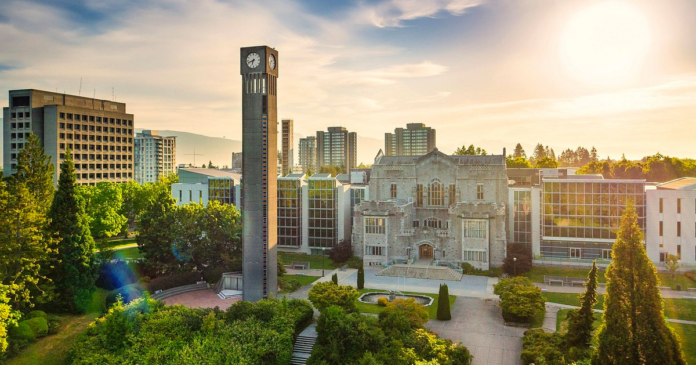The University of British Columbia held several racially segregated wellbeing workshops for racial minorities, True North has learned.
The workshops in question, held this month, sought to give attendees the opportunity to “unpack the importance of identity, culture, and histories of systemic racism and histories of systemic racism in topics related to wellbeing.”
“Self-care. Resilience. Trauma. Healing. These words are often brought up in conversations around wellbeing,” reads the description for the workshops. “In this 4-part series, open to IBPOC-only faculty and staff at UBC, these concepts will be contextualized in a more community-centered way.”
“IBPOC” refers to Indigenous, black, and people of colour.
Not all students were invited, with UBC’s website asking those interested to “self-select and enrol in this series” with the “IBPOC-only” rule in mind.
UBC did not respond to a request for comment on why it chose to restrict eligibility based on race.
The workshops are just the latest instance of UBC hosting “anti-racist” DEI events that are restricted to members of certain races.
As previously reported by True North, white students were excluded from a 2023 UBC event series called “Decolonial Dialogues,” with organizers wanting to create a “safe space” for those who are Indigenous, black, and persons of colour.
“In creating this space, the planning committee recognizes that identity is complex and everyone will come to this space with different lived experiences. Registering and attending the series is based on each individual student’s self-identification and we welcome those who feel they belong in this space in connection to IBPOC identities,” organizers said.
UBC also recently opened a two-storey black-only space on its campus.
The “identity-affirming” space spans two floors and offers an impressive list of amenities including a full kitchen, a napping area, couches and bean bag chairs, a fireplace, a television, a printer, showers and lockers, as well as coffee and tea – allowing students of colour to “study, connect with each other, recharge, host events and sessions, as well as build community.”
